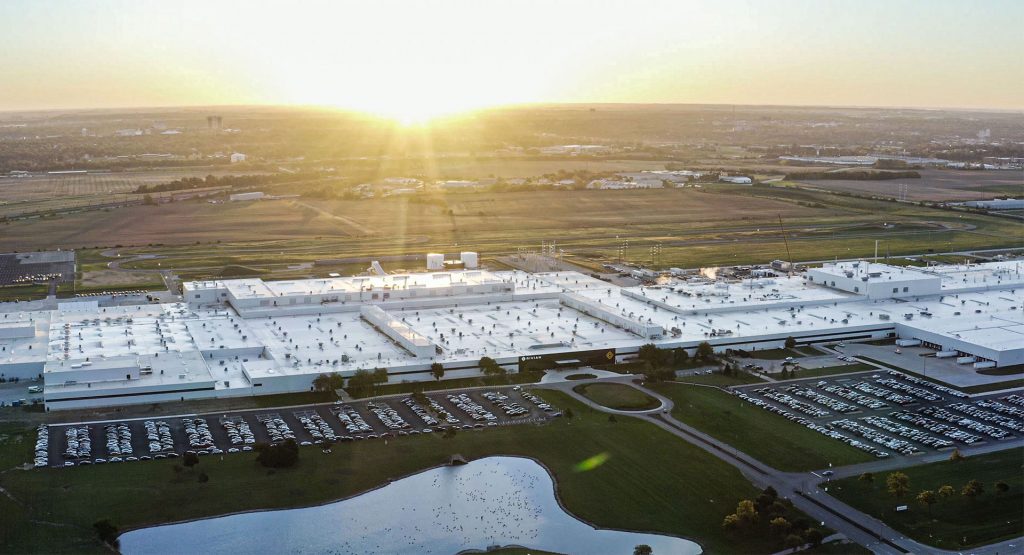Rivian will spend $5 billion establishing an electric vehicle factory in Atlanta, Georgia, and is hoping that the state will relax its regulations on direct-to-consumer sales.
Like a number of other U.S. states, Georgia prohibits direct sales but since the electric startup announced plans for its Atlanta factory, lawmakers in the state are considering three bipartisan bills that would allow EV companies to sell directly to customers in the state. Georgia made an exemption for Tesla’s direct sales model in 2015.
Rivian has been lobbying lawmakers in Georgia to allow direct sales for the past two or three years.
“This is a battle of sound appropriate policy versus political influence,” Rivian vice president of public policy, James Chen told Auto News. “It’s about consumer choice, access to technology, open competition, versus the fact that dealers are in every city, state, small town. In many cases, they’re often the legislators.”
Importantly, Chen said that there is no “tit-for-tat type of deal” in place where Rivian had received assurances that direct sales would be allowed because of its $5 billion investment in the state, meaning there’s a chance that direct sales will still remain off the table.
Read More: Rivian Pushing Ahead With $5 Billion Georgia Plant Despite Opposition From Some Locals
“I’m optimistic … legislators will have the political courage to vote for policy that helps support and promote local businesses wishing to invest in the state,” Chen added.
Dealers aren’t happy about the possibility of direct-to-consumer sales models being allowed. President of Atlanta’s Jim Ellis Automotive Group, Jimmy Ellis, says dealers are capable of selling and servicing EVs and that dealers are already investing millions into training, equipment, and charging infrastructure.
“We’re all about electric vehicles — we know how to do it, and we will be the absolute rock stars when they really start rolling out,” Ellis said. “There’s just simply not a need for a separate distribution, sales and service channel for motor vehicles, especially when they’re riskier and don’t offer the efficiency and effectiveness of the franchised network system.”
Ellis added that if EV makers are granted exemptions to sell directly to customers in Georgia, then legacy automakers will also want to get in on the action.
Interestingly, the Mackinac Center for Public Policy reveals that states partially or fully open to direct sales have reported sales growth at dealerships of 58 percent and employment growth of 21 percent since Tesla’s direct-sales model was introduced in 2012. By comparison, the nationwide average of sales growth is 52 percent.
“It shows the doomsday scenarios that the dealers are portraying aren’t factually based,” Chin added. “Competition is a good thing versus protectionism, which is essentially what the dealers are arguing for.”
Opening image: Rivian’s Illinois factory






